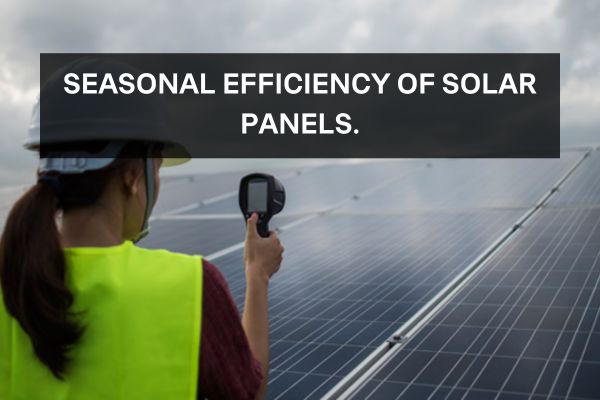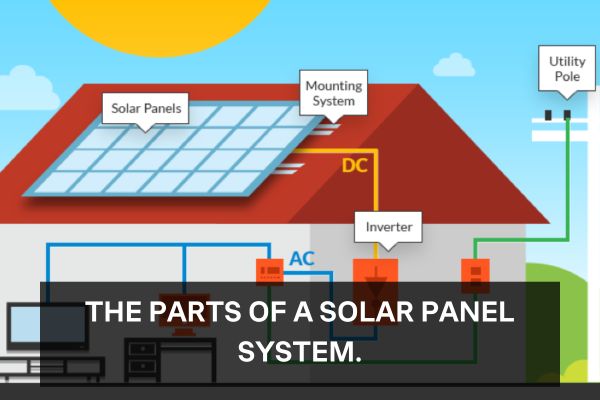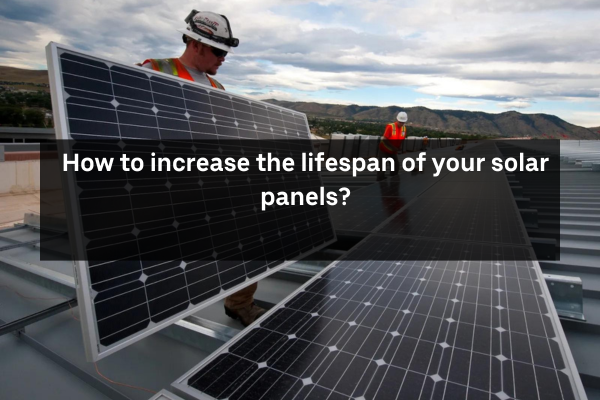
Seasonal Efficiency Of Solar Panels
Introduction:
As the demand for clean and renewable energy continues to rise, solar power has emerged as a prominent solution for meeting our energy needs while reducing carbon emissions. However, the efficiency of solar panels can vary significantly depending on the season, weather conditions, and geographical location. In this blog post, we’ll delve into the seasonal efficiency of solar panels, exploring how factors such as sunlight intensity, temperature, and daylight hours impact their performance throughout the year.
1. Understanding Seasonal Variations: Solar panels rely on sunlight to generate electricity, making sunlight intensity a critical factor in their efficiency. During the summer months, when the sun is higher in the sky and daylight hours are longer, solar panels typically experience higher energy production levels. In contrast, the shorter days and lower sun angle during winter can lead to reduced solar panel output.
2. Impact of Temperature: Temperature also plays a significant role in the efficiency of solar panels. While solar panels operate more efficiently in cooler temperatures, excessive heat can cause a decrease in performance. During hot summer months, solar panels may experience a drop in efficiency due to increased heat levels, leading to lower energy production.
3. Geographical Considerations: The geographical location of solar panel installations can greatly influence their seasonal efficiency. Regions closer to the equator tend to experience more consistent sunlight throughout the year, resulting in higher overall energy production. In contrast, areas farther from the equator may experience more pronounced seasonal variations in solar panel efficiency, with reduced output during winter months.
4. Strategies for Maximizing Seasonal Efficiency: To maximize the seasonal efficiency of solar panels, several strategies can be implemented. Tilting solar panels at an optimal angle and direction can help capture more sunlight during different seasons, optimizing energy production. Additionally, regular maintenance, such as cleaning dust and debris from solar panels, can enhance their performance and efficiency.
5. Leveraging Energy Storage Solutions: Energy storage solutions, such as batteries, can also play a crucial role in maximizing the seasonal efficiency of solar panels. By storing excess energy generated during periods of high sunlight intensity, energy storage systems enable homeowners and businesses to utilize solar power during times of low sunlight, such as cloudy days or nighttime, ensuring a reliable and consistent energy supply year-round.
Conclusion:
While solar panels offer a sustainable and environmentally friendly energy solution, understanding their seasonal efficiency is essential for optimizing energy production and maximizing savings. By considering factors such as sunlight intensity, temperature, and geographical location, solar system owners can implement strategies to enhance the performance of their solar panels throughout the year. As we continue to advance solar technology and adopt innovative solutions, the seasonal efficiency of solar panels will play a crucial role in shaping the future of clean energy.




